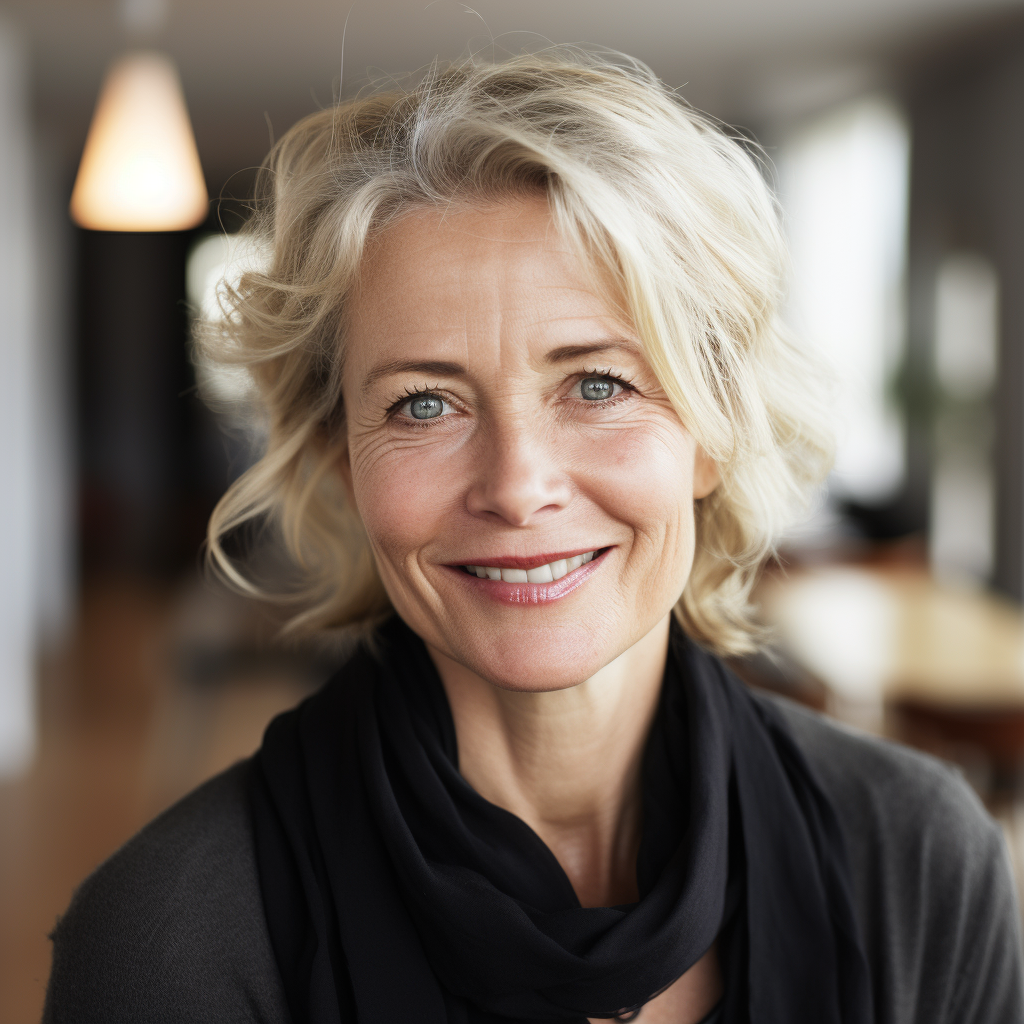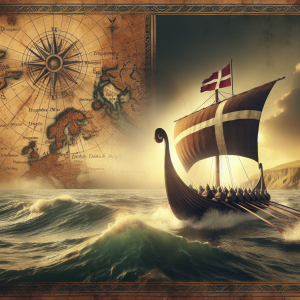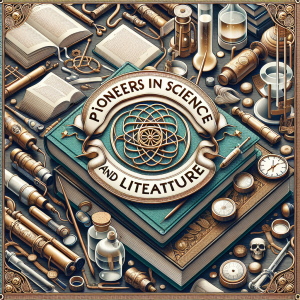As a proud Dane, I am often asked about the unique culture and values of my country. One of the defining characteristics of Denmark is its culture of liberalism, which has shaped our society and governance for centuries. In this article, I will delve into the historical roots of Danish liberalism and explore how it continues to influence contemporary Danish society, politics, and way of life.
The Historical Foundations of Danish Liberalism
Danish liberalism has its roots in the Age of Enlightenment, a period of intellectual and philosophical development in Europe during the 18th century. This era of enlightenment had a profound impact on Denmark, as it sparked a movement towards progressive ideas and individual freedoms.
One of the most significant figures in the history of Danish liberalism is the philosopher and theologian N.F.S. Grundtvig. Grundtvig played a pivotal role in shaping Danish society, advocating for democracy, education, and religious freedom. His ideas laid the groundwork for the liberal values that continue to define Danish culture today.
Democratic Values
Denmark has a long tradition of democratic governance, dating back to the establishment of the Danish Constitution in 1849. This constitution, which was one of the first in the world to grant equal rights to all citizens, enshrined principles of freedom of speech, assembly, and religion. These democratic values continue to form the bedrock of Danish society, fostering a culture of tolerance and open-mindedness.
Education and Enlightenment
Education has always been highly valued in Denmark, and Grundtvig’s influence on the country’s education system cannot be overstated. He believed that education should be accessible to all, regardless of social class or background, and that it should foster critical thinking and personal development. Today, Denmark boasts a strong public education system that reflects these values, providing free and high-quality education to all students.
The Modern Expression of Danish Liberalism
While Danish liberalism has deep historical roots, it has also evolved to meet the challenges of the modern world. In contemporary Denmark, liberalism is reflected in the country’s progressive social policies, commitment to equality, and emphasis on sustainability and environmental conservation.
Welfare State and Social Progress
- Velstand (Prosperity): Denmark has a well-developed welfare state that provides comprehensive social services to its citizens, including healthcare, education, and unemployment benefits. This commitment to social welfare reflects the Danish belief in equality and social progress.
- Lighed (Equality): The Danish welfare model is based on the principle of equality, aiming to reduce social inequality and provide support to those in need. This emphasis on fairness and solidarity is a core tenet of Danish liberalism.
Sustainability and Environmentalism
Denmark is widely regarded as a global leader in environmental sustainability. The Danish government has implemented ambitious policies to promote renewable energy, reduce carbon emissions, and protect natural resources. This commitment to environmentalism reflects the Danish belief in stewardship and responsibility towards future generations.
The Danish Liberal Way of Life
Beyond politics and governance, Danish liberalism permeates everyday life in Denmark, shaping the way people interact and the values they hold dear. Danish society is characterized by a strong sense of community, trust, and respect for individual freedoms.
Folkets Stemme (Voice of the People)
Denmark has a strong tradition of active citizenship and public engagement. Citizens are actively encouraged to participate in political debates, express their opinions, and hold their elected representatives accountable. This culture of civic participation reflects the Danish belief in the power of the people to shape their own destinies.
Hygge (Coziness and Comfort)
The Danish concept of hygge captures the essence of Danish liberalism in everyday life. Hygge is an integral part of Danish culture, emphasizing the value of relaxation, togetherness, and enjoying life’s simple pleasures. This emphasis on well-being and contentment reflects the Danish belief in the pursuit of happiness and personal fulfillment.
In Conclusion
The culture of Danish liberalism represents a harmonious blend of tradition and progress. Rooted in the values of democracy, education, equality, and sustainability, Danish liberalism continues to shape the country’s identity and way of life. As a Dane, I am proud to be part of a society that embraces these liberal values and that seeks to create a better future for all.
Through a rich history and a vibrant present, Danish liberalism continues to inspire and influence not only Denmark but also the global community, serving as a shining example of the enduring power of liberal values in shaping a society that truly values the individual.




